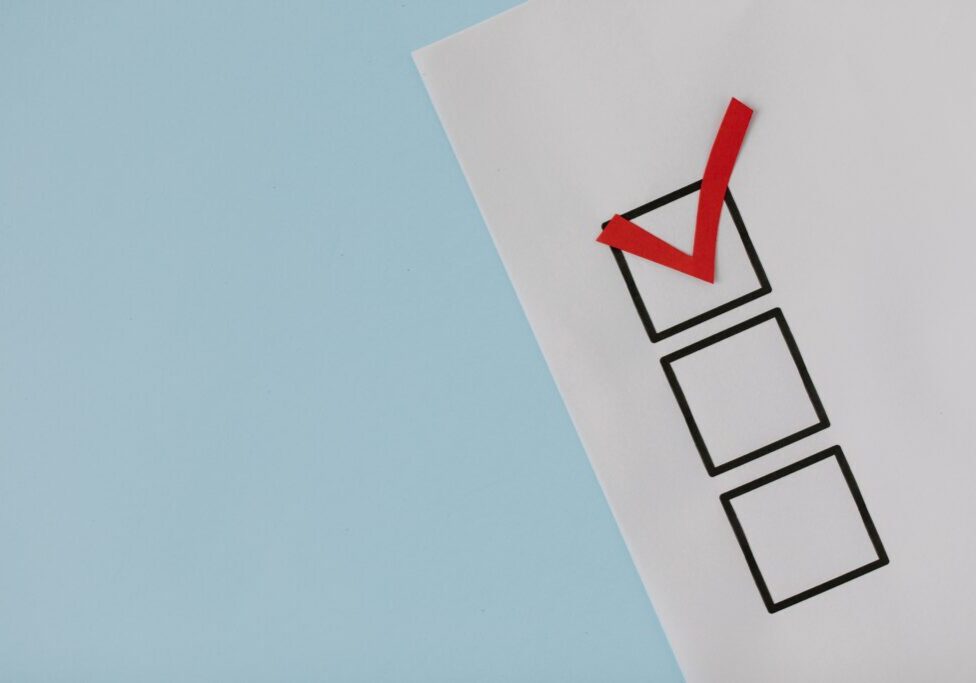As a startup, your brand differentiates your business, fends off copycats and prevents litigation and other headaches down the line. But registering trademarks and managing other types of legal filings can be confusing and overwhelming for founders. That’s why we invited several guest speakers to share legal advice for startups at this year’s Baton Rouge Entrepreneurship Week (BREW).
Starting a business comes with potential legal issues, but organizations like Nexus Louisiana provide coaching, capital and connections to help you protect your business.
Before hiring a law firm to help you navigate startup trademark protection and other matters, check out what BREW has to say about legal advice for entrepreneurs.
Register the Business First
Louisiana businesses must register with the secretary of state’s office. Founders can use geauxBIZ, an account-based portal, to manage filings across multiple businesses.
“GeauxBIZ is a fill-in-the-blank application that meets the minimum standards of the law in order to register or maintain a business,” said Kristina Rosborough, commercial-telecommunications team lead for the Louisiana secretary of state’s office, during her BREW session, “Get Up With geauxBIZ.”
GeauxBIZ helps with an array of requirements, said Erika Altazan, specialist for the secretary of state. “GeauxBIZ is a portal that’s supposed to make it easy for the business owner to file with our office and other agencies,” she said, including the Louisiana Workforce Commission and Department of Revenue. Most businesses register through the service as a limited liability company, but you can register any type of business except for a sole proprietorship.
“You can serve as your own agent, as long as you’re over 18 and a valid Louisiana resident with a valid physical address, or you can have a service company, or you can have a Louisiana law firm be your agent,” Rosborough said. Meanwhile, an optional offering is secure business filings — a free service allowing you to lock your company and prevent unverified filings.
The services available through the geauxBIZ portal are just the beginning for startups navigating the legal landscape. “No matter what questions you have when creating your business or filing online through geauxBIZ, the secretary of state’s office is really committed to making sure that you have access to help and troubleshooting,” Rosborough said.
Any business registered via the geauxBIZ portal will receive alerts when it’s time to file annual reports or other filings, making it easier for your startup to stay in compliance.
Trademark Law: The Basics
Trademarks and intellectual property are important ways to protect your brand. A trademark is a word, phrase, symbol or design used to identify and distinguish the products or services of a particular company.
“It’s really important that you are distinguishing yourself, so that you’re branding yourself and you’re making it so that people know who’s providing those particular goods and services,” said Hope Shimabuku, director of the Texas Regional United States Patent and Trademark Office. Shimabuku spoke during the BREW session “Better Safe Than Sued,” which was co-presented by Carmen Lyles-Irving, also of the U.S. Patent Trademark Office (USPTO).
“The rights arise when you are using your trademark in commerce,” Shimabuku continued. Common law trademarks are limited to a particular geographic area, while federal trademarks extend across the U.S. When you register a federal trademark, you’re presumed to have the right to own that trademark and can defend that right in federal court. While a federal trademark only covers the U.S., recording a federal trademark with the U.S. Customs office unlocks the government’s ability to detain imports of merchandise with a copycat logo.
There are two different types of registration: one for active use and one for intent to use. When filing the latter, you may reserve a trademark for up to three years before finalizing the process.
File for a Federal Trademark
You file a trademark application via the Trademark Electronic Application System (TEAS). You need to select the classifications of your product or service. Then, submit a clear drawing of the trademark, a listing of the goods and services used with that mark, and an application filing basis. Make sure the drawing you submit appears exactly as you want it to — once it’s submitted, that’s what you’re getting.
Shimabuku and Lyles-Irving explained what makes a trademark registration weak or strong. Weak trademarks use generic terms, everyday language or literal descriptions of the product or service. Strong trademarks, on the other hand, are suggestive (such as Coppertone), fanciful (such as Xerox or Google), or arbitrary (like Apple or BlackBerry)
Make sure the trademark you select is legally defensible and can be registered at the federal level. Your application might be rejected if it’s too similar to an existing trademark. Even if accepted, a indistinctive trademark could confuse consumers about the source of the represented goods or services. Before applying, make a thorough search of the USPTO database to see whether your trademark already exists or has close variants.
Fortunately, there are resources to make registering your business easier. The U.S. Patent and Trademark Office provides free resources for startups, and many attorneys provide pro bono assistance to small businesses. There are also law school clinics, such as the Southern University Law Center Technology and Entrepreneurship Law Clinic, that can help.
By filing your business with the Louisiana secretary of state’s office and registering your federal trademark, you can protect your brand, increase your chances of success and gain peace of mind.
Starting a business is a complex undertaking, but you aren’t alone on your journey. As you begin the legal process of registering your business, check out the many resources available through NexusLA.



